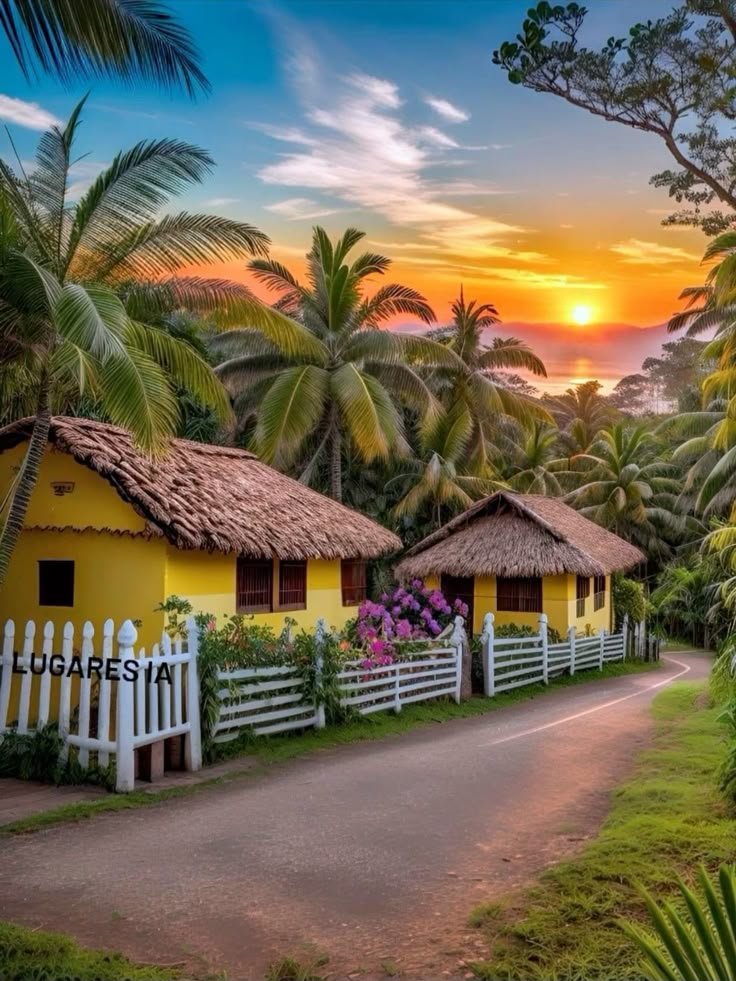When most men think of buying property abroad, they picture beachfront condos, inner-city apartments, or buzzing expat hubs where the nightlife never sleeps. What often gets overlooked is rural land,quiet acres in the countryside, far from the city’s noise. At first glance, these plots might look like nothing more than empty fields, but to the patient and strategic buyer, rural land abroad represents one of the purest “long game” plays in global real estate.
1. Rural Land Rarely Loses Value
Unlike trendy city apartments that can swing up and down with demand, rural land is finite. Nobody is making more land, and when you own a piece of it, you own a piece of permanence. Over time, populations grow, cities expand, and infrastructure spreads outward. What looks like “the middle of nowhere” today could become the next commuter town, farming hub, or tourist retreat 20 years from now.
2. The Infrastructure Clock Works in Your Favor
Governments worldwide are investing in highways, rail lines, and energy projects to connect rural regions. This is especially true in emerging economies, where rural development is tied to national growth. Buying land before infrastructure arrives means you’re locking in the lowest possible price. Once a road, waterline, or airport connects your land to the world, its value multiplies.
3. Lower Entry Costs = More Flexibility
City property abroad can easily swallow your budget, forcing you into mortgages or heavy capital commitments. Rural land, on the other hand, often comes at a fraction of the cost. This allows you to buy larger parcels, spread your investments across different countries, or simply hold land debt-free until the right opportunity arrives. For globally minded men, this flexibility means you can adapt your long-term plans without financial stress.
4. Rural Land Has Utility Beyond Appreciation
Land in the countryside isn’t just about speculation. It can serve practical purposes while you wait for its value to mature. Some examples:
- Agriculture: Lease it to local farmers or plant cash crops.
- Eco-retreats: Turn it into a small-scale lodge or glamping site.
- Self-sufficiency: Use it as a long-term “Plan B” escape from urban instability.
This dual role,both asset and utility makes rural land a unique form of wealth storage.
5. The Generational Play
The deepest reason why rural land is a long game? It’s an intergenerational investment. Many men think in terms of quick flips or 5-year rental returns. But rural land asks you to think in decades. The plot you buy today might not see its true potential until your son, nephew, or future self inherits it at 50. That patience is what transforms an empty field into a legacy.
6. Risks to Watch Out For
Of course, not every rural deal is gold. You need to check:
- Title clarity: Make sure land rights are legally protected.
- Zoning laws: Know what’s allowed,farming, residential, or mixed use.
- Water access: A piece of land without water rights can be dead capital.
- Local sentiment: In some regions, foreign ownership is sensitive. Build goodwill with the community.
Final Thought
Buying rural land abroad isn’t about instant status or flashy returns. It’s about patience, foresight, and discipline. The man who plays the long game understands that while cities rise and fall, land is eternal. A quiet hillside in Colombia, an olive grove in Greece, or a rice field in Southeast Asia could be the seed of a fortune that matures slowly,but surely.
For the globally mobile man, rural land is more than just property,it’s a hedge against time itself.













